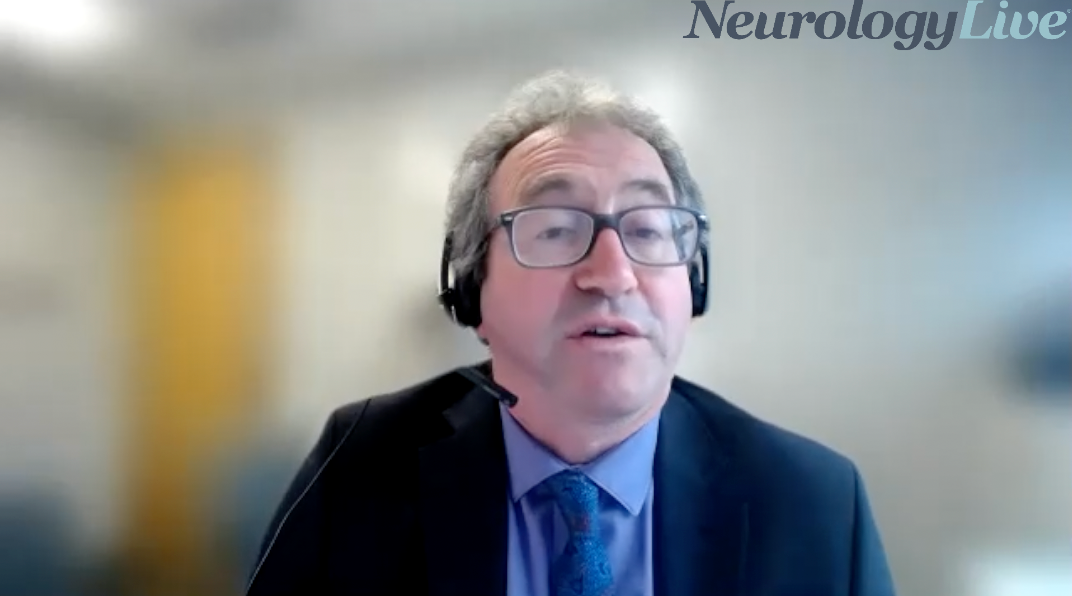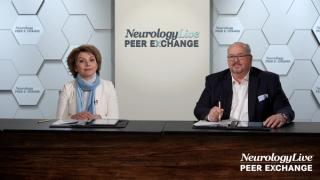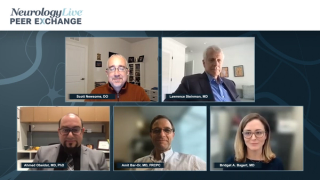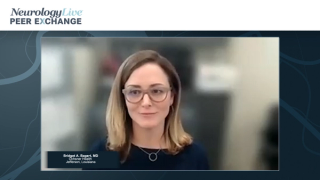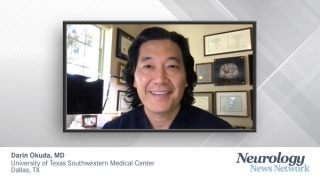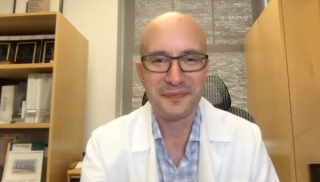
MS and Demyelinating Disorders
Latest News

Latest Videos

CME Content
More News
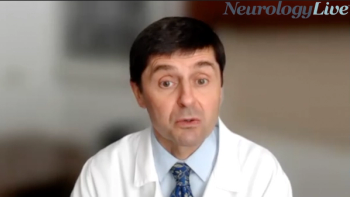
The chair of Cleveland Clinic’s Department of Physical Medicine detailed a pilot study on the rehabilitative impacts of the EksoRN robotic exoskeleton in patients with multiple sclerosis. [WATCH TIME: 5 minutes]

Test your neurology knowledge with NeurologyLive®'s weekly quiz series, featuring questions on a variety of clinical and historical neurology topics. This week's topic is epilepsy and seizure disorders.
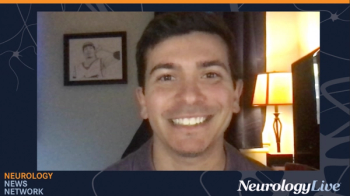
Neurology News Network for the week ending July 2, 2022. [WATCH TIME: 4 minutes]

Take 5 minutes to catch up on NeurologyLive®'s highlights from the week ending July 1, 2022.

The senior vice president for research and training at the Kessler Foundation spoke about the critical need to prioritize cognitive challenges among patients with multiple sclerosis, as it remains among the chief complaints. [WATCH TIME: 4 minutes]
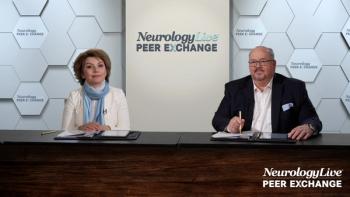
Regina Berkovich, MD, PhD, provides insight into considerations regarding the management of pregnancy in patients with multiple sclerosis and highlights available resources and discussion points.

Jeffrey Dunn, MD, and Regina Berkovich, MD, PhD, discuss misconceptions surrounding pregnancy and multiple sclerosis and highlight how to approach conversations with this patient population.

The BTK inhibitor is currently the subject of several ongoing phase 3 clinical trials that include more than 2000 patients currently on the therapy.

Despite not reaching the primary end point, the oromucosal spray is still being evaluated in 2 ongoing trials that comprise of 446 and 190 patients, respectively, with spasticity due to multiple sclerosis.
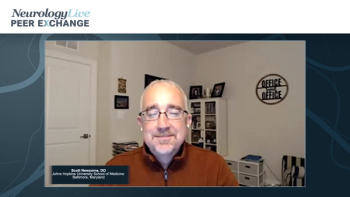
Scott Newsome, DO, and Lawrence Steinman, MD, discuss the pathophysiology of the interactions between viruses and the immune system and explore how this can lead to autoimmune diseases.
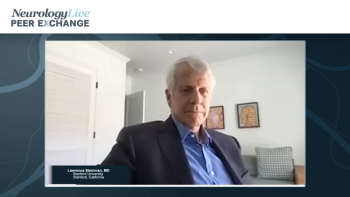
Lawrence Steinman, MD, provides an overview of the role viruses play in the activation of the immune system, highlighting their role in triggering neuroinflammatory conditions.
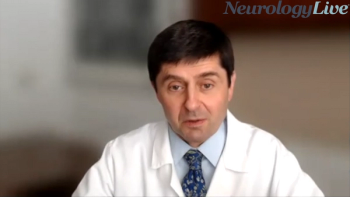
The chair of Cleveland Clinic’s Department of Physical Medicine provided insight on a newly approved modality aimed to improve rehabilitation efforts for patients with multiple sclerosis. [WATCH TIME: 3 minutes]

Patients with high levels of neurofilament light at baseline had an increased risk of developing new T2 lesions and of experiencing a new clinical relapse in the follow-up period, but not of EDSS progression.

Dr DeLuca provides an overview of changes in cognition and brain volume loss in patients with multiple sclerosis.
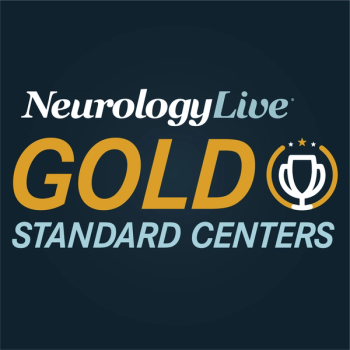
Through dedicated research into biomarker discovery and patient care, the neuroimmunology laboratory at Mayo Clinic has paved a new way of life for those with autoimmune disorders.
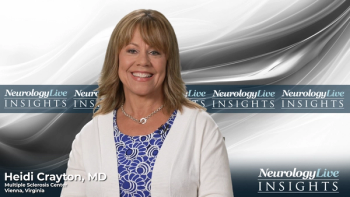
Dr Heidi Crayton reviews treatment efficacy and safety considerations for conventional and novel treatment options for patients with relapsing-remitting multiple sclerosis.

Heidi Crayton, MD, shares her thoughts surrounding treatment initiation and management considerations in patients with relapsing-remitting multiple sclerosis.
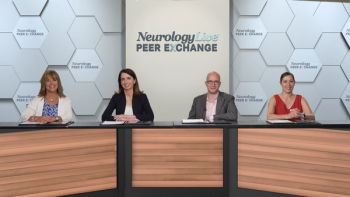
Experts in neurology discuss the multiple ways in which cognitive decline can present in their patients with multiple sclerosis and highlight how they assess for it.

Heidi Crayton, MD; Jacqueline Nicholas, MD; and Flavia Nelson, MD, provide an overview of multiple sclerosis shedding light on the clinical course of disease.

Ocrelizumab (Ocrevus; Genentech), an anti-CD20 treatment FDA-approved for progressive MS, was shown to reduce thalamic volume loss, with even greater outcomes when initiated earlier.
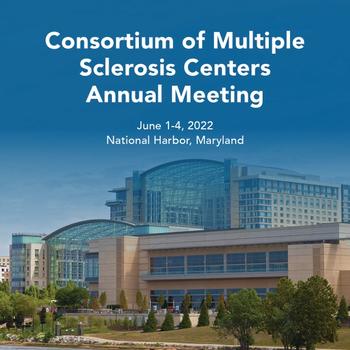
The NeurologyLive® team has compiled a roundup of our discussions with leaders in the multiple sclerosis field following the 2022 Annual Meeting of the Consortium of Multiple Sclerosis Centers (CMSC).

The head of the MS center at University Hospital Basel provided insight on the role of BTK inhibitors and how the multiple sclerosis community views the potential of neurofilament light as a key biomarker of neurodegeneration. [WATCH TIME: 3 minutes]

Here's what is coming soon to NeurologyLive®.

Test your neurology knowledge with NeurologyLive®'s weekly quiz series, featuring questions on a variety of clinical and historical neurology topics. This week's topic is Alzheimer disease and dementia.
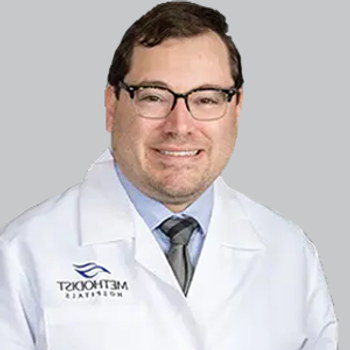
At least 2 weeks following Evusheld injection, all 18 patients included in the cohort had the highest level of antibody response.

